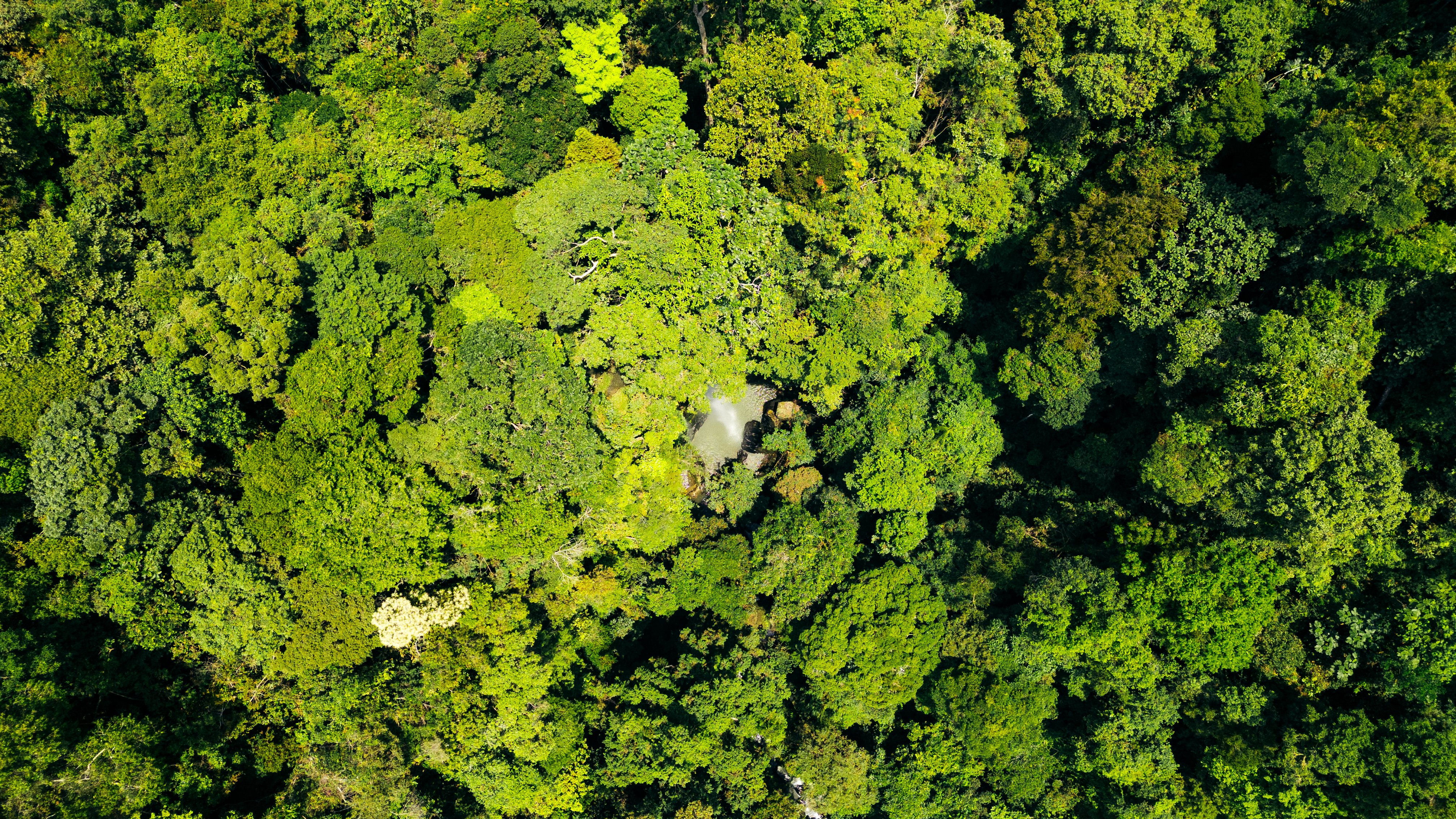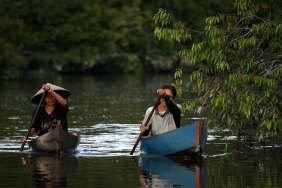COMPENSATION FOR INDONESIA'S FOREST MORATORIUM CONSIDERED TOO SMALL
Jakarta - The Forestry Moratorium signed jointly by Indonesia and Norway turned out to be detrimental to the Indonesian government. The reason is, the compensation value provided by Norway is only US $ 1 billion or equivalent to 6% of the value of the Norwegian state budget. Clearly this figure is too small for Indonesia.
NERACA
""So if you calculate it, it is indeed small, especially since the compensation is given for 6 years. Yes, the value is equivalent to 6% of the value of the Norwegian state budget,"" said senior economist of the Institute of Development of Economic ""and Finance (Indef) Drajad Wibowo in a public discussion in Jakarta, Jakarta (19/8). When asked if that meant that Norway's state budget was too small for Indonesia, Drajad Wibowo said it was too small.
When asked if that means Norway underestimates Indonesia's natural forest resources, Drajad did not want to answer. ""I can't talk like that,"" he said.
He reminded the government about the signing of the Letter of Intent (LoI) on May 26, 2010 because the agreement had many weaknesses.
Furthermore, Drajad said, compare with the sales tax revenue obtained from the export value of paper and paper goods during January-April 2010 as much as US$1.7 billion, then for palm oil and palm oil processing US$3.88 billion. While wood processing amounted to US$1.5 billion. so the total was US$7.11 billion.
According to Dradjad, if Indonesia does not implement a nationwide moratorium on logging, it will generate much greater foreign exchange. ""In essence, if there is no forest moratorium, Indonesia will get US$800 million in one year only from income tax on export activities of paper, palm oil, and wood products in general,"" he explained.
However, Drajad emphasized that Lol is good in terms of its initiative. ""That is the president's policy that we must support. That's why US$800 million per year is only part of the taxes that we can get. There are still other taxes, such as income tax on individuals, income tax on owners, income tax on management, income tax on employees, to corporate income tax and VAT on products and household expenditures of wood processing business owners," he said.
So what can the Indonesian government do after the signing of the LoI on May 26, 2010 between the two countries, he said there is still much that can be done. "There are still many gaps or opportunities to implement sustainable forest management. My advice to the Ministry of Forestry, don't get hung up on the LoI. Keep filling the forest with what activities we want," he said.
The remaining loopholes include the lack of classification of forests categorized under the moratorium on forest conversion. ""It is called natural forest and peat, but which natural forest and peat have not been regulated,"" he said.
Such is also the case.
Drajad pointed out that the date for the suspension of logging has not yet been set. "As long as the date has not been set, Indonesia can reason that it wants to make a law that specifically regulates forest conservation first. Indonesia should not overestimate the money from the LoI or Norway's commitment," he said.
Separately, economic observer Ghristianto Wibisono asked that developing countries, especially tropical forest owners who have joined two organizations, should be introspective and unite themselves in an OPEC Forest. "If forests are valued as hydrological networks, then their value is greater than just being preserved for carbon emissions. Some say the value of forest cover and hydrological networks is around 5 dollars per ton or 20 dollars per ton for forests that are mandatory to be maintained," he said.
Therefore, he considered that there should be more reasonable, fair and ""equal"" terms of trade, especially in determining the selling value. ""Both the value of land cover with the funds of developed countries that want to exchange pollution with their carbon emissions with forest conservation actions of developing countries, such as Indonesia and forest 11 ."" he explained. What is clear, continued Christianto, is that there is a need for a more fair and equitable terms of trade.
What is clear, continued Christianto, is that behind the NGOs that are very anti-business and industrial developing countries is a "new industry of environmentalism" that can sacrifice the interests of developing countries like Indonesia.





